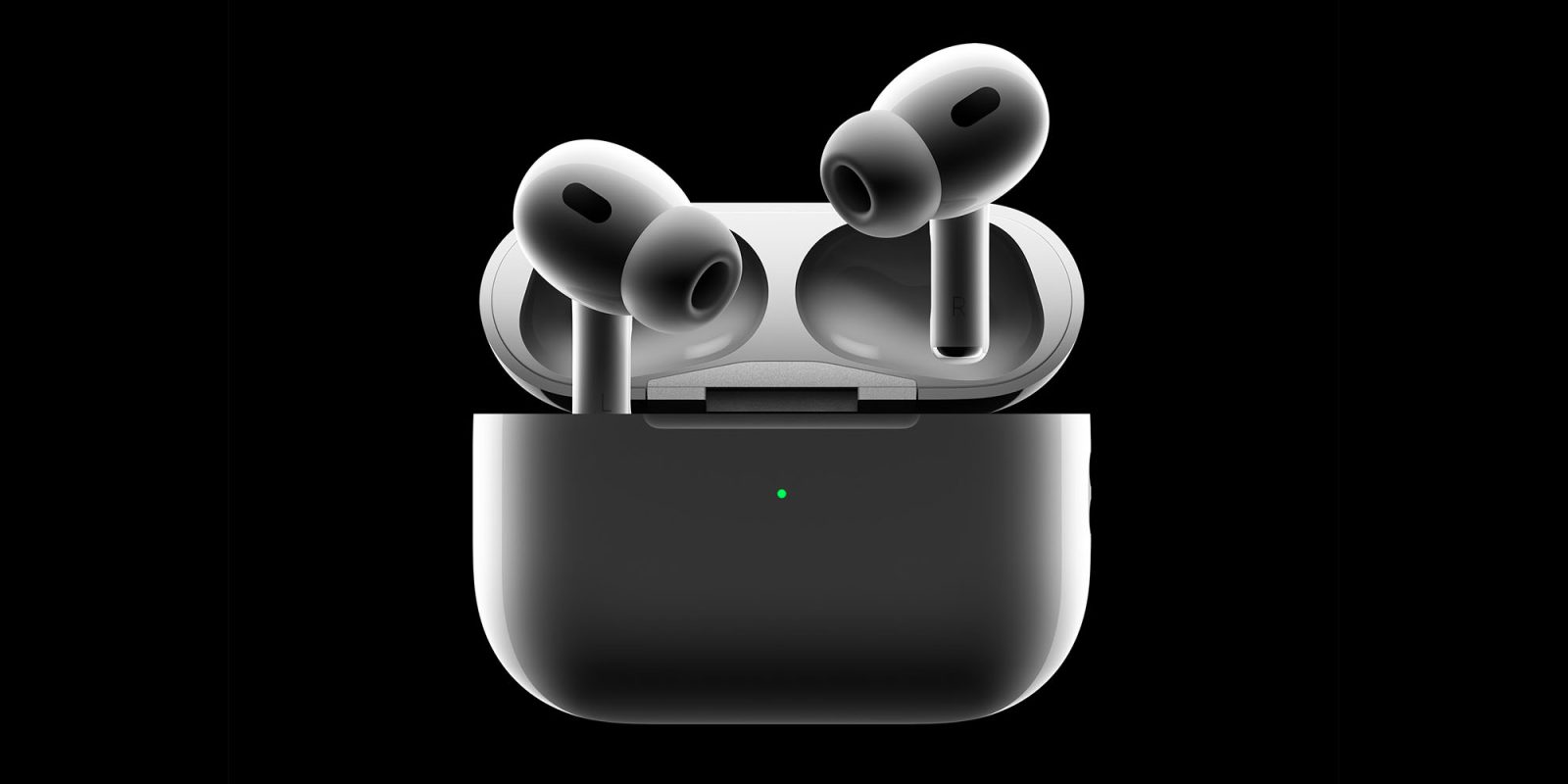
Apple’s announcement about the upcoming AirPods hearing aid capability hasn’t just upset the share price of existing brands – it’s also likely to lead to some social norms being challenged.
In addition, the uncertainty of whether someone wearing a pair of AirPods means that they either can or can’t hear you is likely to create some comedic moments …
AirPods hearing aid feature
Apple announced on Monday that a later update to AirPods Pro 2 will allow the in-ear headphones to be used as clinical-grade hearing aids, for those with mild to moderate hearing loss. The $249 wearables will act as both diagnostic device and cure.
The Hearing Test feature leverages advanced acoustic science and provides users with an interactive experience. When a user completes the test, they will see an easy-to-understand summary of their results, including a number representing hearing loss in each ear, a classification, and recommendations […]
Using the personalized hearing profile from the Hearing Test, this new feature seamlessly transforms AirPods Pro into a clinical-grade hearing aid.
The headphone etiquette question
Technology has for years introduced new etiquette dilemmas. For example, while taking pen-and-paper notes in meetings has never been considered rude, some have objected to typing on a laptop, either because the screen forms a physical barrier, or because it’s not clear whether the user is taking notes or doing something else, like catching up with emails.
Wearing in-ear headphones has been another issue to divide opinion.
Some take a hardline view, suggesting that wearing them in any situation where someone else might want to talk to you is rude. This would include wandering around a store, for example, where an assistant might want to approach you to offer help.
Most don’t go that far, but many do think it rude to, for example, leave them in when making a purchase at a till, or when an airline cabin attendant speaks to you. I subscribe to this view myself, and always remove mine as a courtesy even though transparency mode would enable me to hear them just as well by double-tapping the mode button.
There’s also a big divide when it comes to wearing headphones at your desk, at work. Some view headphones as a life-saver for their concentration, either simply using the active noise cancellation features to block the sound of conversations around them, or finding themselves more productive when listening to music.
Others, however, feel that isolating yourself from your colleagues is discourteous, or presents an unprofessional image when in view of customers or clients. Indeed, some companies have gone as far as banning the wearing of headphones in the workplace unless used for professional reasons, like video calls.
AirPods will challenge both norms and policies
Once the update is pushed, it will be impossible to know whether someone seen wearing AirPods Pro 2 (and subsequent models) is listening to entertainment, enjoying the glorious sound of ANC-induced silence – or using them as hearing aids to ensure they can hear people talking to them.
It would take a brave person to challenge someone for wearing them, when they run the risk of objecting to someone using a disability aid.
It would require even braver HR departments to allow policies banning the use of headphones when there is no way for a manager to tell whether someone is wearing headphones or a hearing aid.
There will likely also be comedy moments
One of the reasons headphone use in public is sometimes considered rude is the message it sends. Essentially, someone wearing a pair of headphones is telling everyone around them “Don’t try to talk to me.”
But now we won’t know whether it means that – or the exact opposite: “I’m wearing these to ensure that you can talk to me!”
What are your thoughts about how we’re going to handle this new world? Please let us know in the comments.
FTC: We use income earning auto affiliate links. More.





